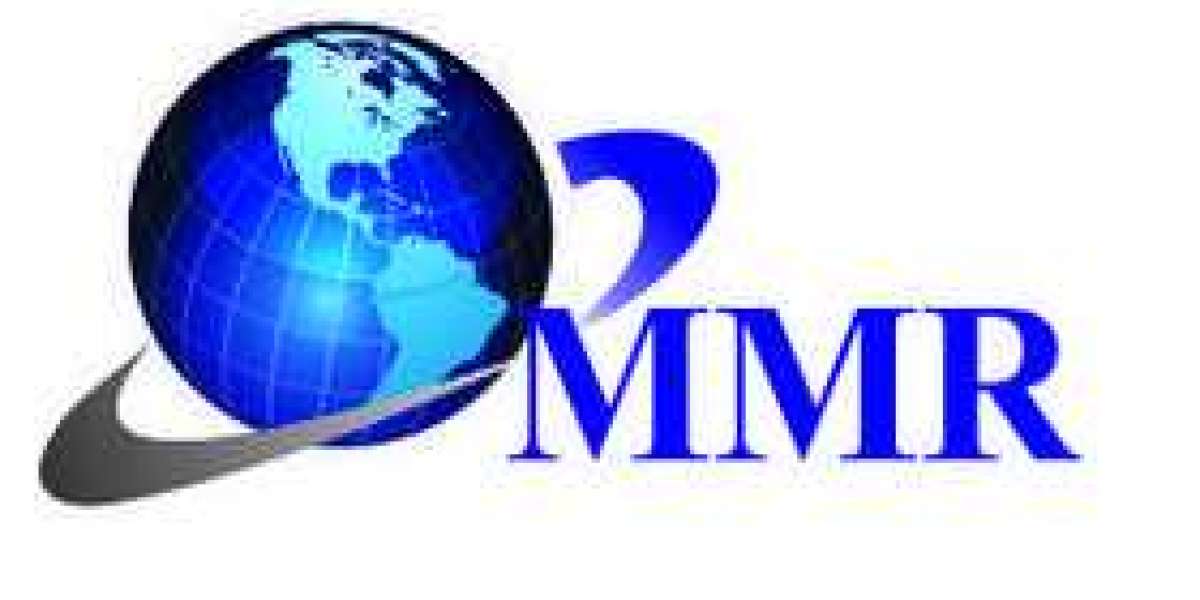Introduction:
In today's competitive business landscape, organizations are increasingly recognizing the importance of robust internal auditing processes. These processes not only ensure compliance with regulations but also drive efficiency and continuous improvement. A key figure in this domain is the lead auditor, equipped with the skills to evaluate, assess, and enhance auditing procedures within an organization. The Lead Auditor Course emerges as a vital pathway for individuals aspiring to excel in this role, offering comprehensive training and certification.
Understanding the Lead Auditor Course:
The Lead Auditor Course delves into the intricacies of auditing methodologies, standards, and best practices. Participants gain a deep understanding of audit principles, techniques, and relevant legal frameworks. Moreover, the course emphasizes the development of critical skills such as communication, problem-solving, and leadership essential for effective auditing.
Curriculum Overview:
The curriculum typically covers a wide array of topics including audit planning, execution, reporting, and follow-up activities. Participants engage in practical exercises, case studies, and simulations to reinforce theoretical concepts and enhance their auditing proficiency. Moreover, the course often incorporates discussions on emerging trends, technological advancements, and industry-specific challenges to provide a holistic learning experience.
Certification and Recognition:
Successful completion of the Lead Auditor Course culminates in certification, widely recognized within the industry. This certification serves as a testament to an individual's competence and proficiency in auditing practices, opening doors to career advancement and opportunities for professional growth. Organizations often prioritize hiring certified lead auditors, recognizing the value they bring in ensuring audit effectiveness and organizational compliance.
Conclusion:
In conclusion, the Lead Auditor Course stands as a cornerstone in fostering excellence in auditing practices. It equips individuals with the necessary knowledge, skills, and certification to thrive in the dynamic field of auditing. As businesses navigate increasingly complex regulatory landscapes, the role of lead auditors becomes indispensable in safeguarding organizational integrity and driving continuous improvement. Thus, investing in the Lead Auditor Course not only benefits individuals seeking to advance their careers but also contributes to the overall success and sustainability of organizations.








